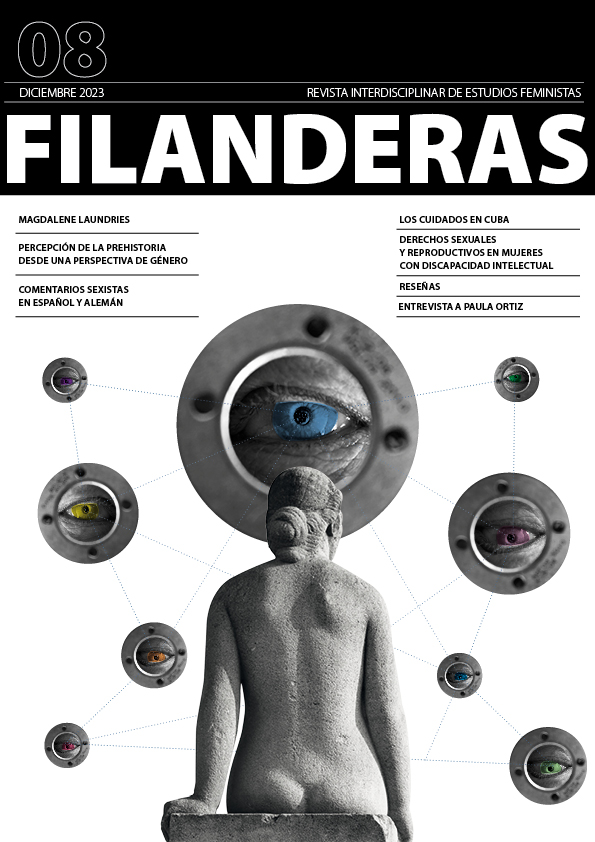Sexual and reproductive rights in women with intellectual disabilities: a gender-focused analysis through a systematic review
DOI:
https://doi.org/10.26754/ojs_filanderas/fil.2023810001Keywords:
Sexual health rights, Sexuality, Intellectual disabilities, Gender perspective, Self-determinationAbstract
The present paper addresses the sexual and reproductive health of women with intellectual disabilities from a gender and human rights perspective. Historically, these individuals have faced stigmatization and misconceptions regarding their sexuality and decision-making capacity. However, in the era of the Sustainable Development Goals (SDGs) and the 2030 Agenda, there is an emphasis on the need to leave no one behind, which must include, of course, people with disabilities. The evolution in the conceptualization of sexual and reproductive rights has led to a growing interest in their study, highlighting the importance of empowerment and self-determination. The Convention on the Rights of Persons with Disabilities (CRPD) recognizes these rights. Therefore, it is essential to avoid continuing to view women with intellectual disabilities, as has traditionally been done, with contradictory representations that perceive and define them as asexual, eternal children, or highly vulnerable individuals. The article is based on a comprehensive review of the scientific literature, focusing on three main themes: interpersonal relationships, sexual and reproductive health, and pregnancy. A human rights-based approach, gender equality, and inclusion will ensure that women with intellectual disabilities have access to full sexual and reproductive health.
Downloads
Downloads
Published
How to Cite
Issue
Section
License
Copyright (c) 2023 Elena Masarah Revuelta; Patricia Pérez-Curiel

This work is licensed under a Creative Commons Attribution-NonCommercial 4.0 International License.
Las autoras y autores que publican en esta revista están de acuerdo con los siguientes términos:
Conservan los derechos de autoría y garantizan a la revista el derecho de ser la primera publicación del trabajo al igual que licenciarlo bajo una Creative Commons Attribution Licence que permite a otros compartir el trabajo con un reconocimiento de la autoría del trabajo y la publicación inicial en esta revista.





